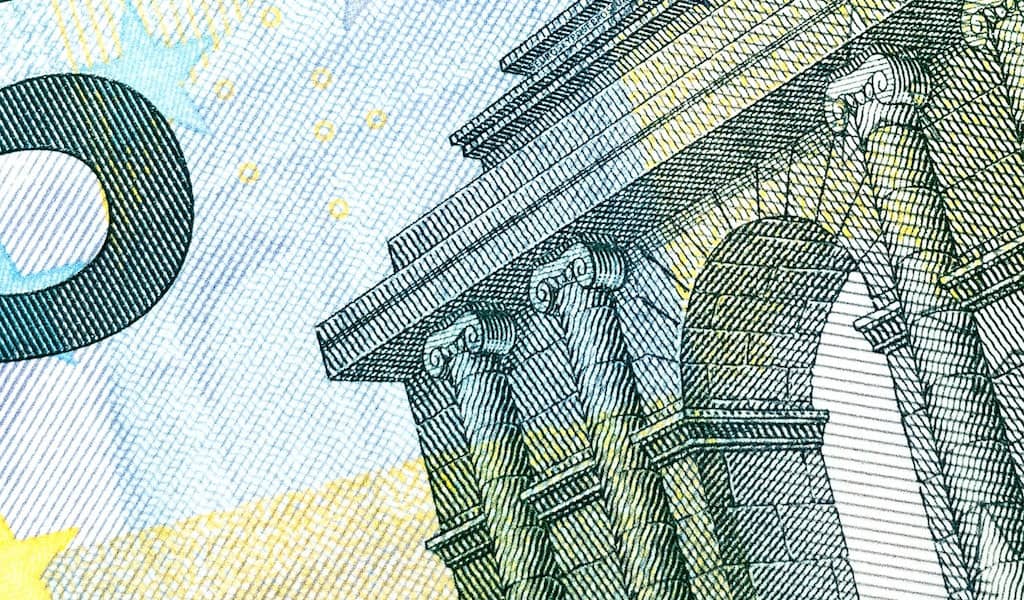When relocating to France, a big consideration is how you’ll move your money. If you are making a more permanent move overseas then you may want to consider transferring money abroad from your bank accounts and other outgoings such as pension payments or wages. You’ll also need to be able to pay for your new French property purchase. Since the foreign exchange market is irregular and fluctuates often, you’ll want to know who to work with to get the best exchange rate, protect your money and pay for your new home in France. Here are some tips to help to smooth this process.
Table of Contents
Opt for Brokers or Non-Bank Transfer Services
Banks add hefty commission and transfer fees to transactions, limiting how much you can get for your money, even when the exchange rate is high and in your favor. While banks often charge a markup of between 3 and 5 percent, non-bank service providers charge closer to 1 percent. This margin can make a huge difference when you’re transferring a large sum of money.
It’s nearly impossible to predict market fluctuations, even for experts. What currency brokers do, though, is look at market trends and advise you on possible fluctuations, letting you know your best options for exchange. Another reason why French property buyers work with currency brokers is that they can set a fixed exchange rate for two years before a trade. This grace period allows you to protect your money from fluctuations in the market. Also, shop around to find brokers with competitive markups. Even a fraction of a percent can make a big difference.
Start building relationships early. Don’t wait until you’re ready to transfer your money to seek out a broker. By connecting with a financial professional at the beginning of your home search, they’ll understand your budget, timeframe and penchant for risk, all of which helps them guide you toward the best decisions for you.
Avoid Hefty Fees When Transferring Money Abroad
Foreign exchange providers make money in one of two ways: either by charging a transaction fee or by marking up the exchange rate. When a company says they’re commission- or fee-free, that’s for marketing purposes – they’re making money in some way, even if it’s cleverly hidden.
Transaction fees are commissions taken by the provider, and they’re usually clarified upfront. These fees can be high, and banks are infamous for having large fixed fees. You also need to check if you’ll be charged fees by intermediary or receiving banks. When you transfer money abroad, it could pass through multiple banks before reaching your chosen bank. Every bank that receives the money, including your receiving bank, may charge you a fee.
If a margin is added to the exchange rate, the provider often refers to themselves as fee-free. However, all they’re doing is using crafty language: there is a markup, but they’re just not referring to it as a fee. A markup is the percentage of difference between the true market rate and the exchange rate the provider offers you.
The reason brokers can keep their margins so low is because they work in a high number of large financial transactions – they don’t need big margins in order to make a big profit. It may be more convenient to use your own bank, but a currency broker will likely get you a better rate.
Get the Best Exchange Rate Possible
Compare the mid-market exchange rate (also called the interbank rate) to the rate the transfer service offers you. The mid-market rate is halfway between the current buy and sell rates. This is the rate that banks will use when trading amongst themselves.
Unfortunately, many banks and transfer services don’t tell clients what the mid-market rate is; instead, they add the markup and pitch that as the lowest possible rate. Doing your own research can help you avoid paying too much, but consulting with a specialist or hiring a broker who will act in your favour is an even safer bet. The mid-market rate isn’t easily accessible by the public, so only a professional can assure you that you’re getting a fair rate.
If you have time, follow market fluctuations for a while. You’ll learn how the exchange rate rises and falls. If it becomes favourable, you can work with a broker to lock in the rate for the next year. Even if the exchange rate moves, you’ll be able to take advantage of an excellent rate. Or, if you’re flexible in terms of your purchase and moving timeline, you can use software that will monitor the exchange rate and alert you when it hits a target.
Keep Your Money Secure During the Transfer
Any time you transfer money overseas, you need it to be as safe as possible. The most significant security consideration is the transfer service you use. If you live in the UK, it’s advisable to visit the FCA register to make sure the currency company you work with is FCA-regulated. The FCA oversees, approves and regulates UK financial institutions. Translation: your money will be safe when you use an FCA-registered company.
Once you’ve chosen a transfer service, put them to the test. Try to get in touch with customer service. Find out how accessible they are, and ask a few in-depth questions to test their knowledge. Are you routed to a random representative who doesn’t know too much about the company, or can you speak with an actual financial professional?
Final Thoughts About Transferring Money Abroad
There are so many things that influence the market, from unemployment rates to the weather, as well as economic reports, politics and socioeconomic factors. The exchange rate can change minute-to-minute, quickly causing you to go over your budget for your new home. Since it isn’t easy or even possible to get the best rate available, you’ll have to spend a lot of time looking for a broker or transfer provider you trust.
Thanks to our close relations with several financial partners, HomeHunts offers our clients essential help and advice regarding the transfer of money abroad during the course of property sales.


